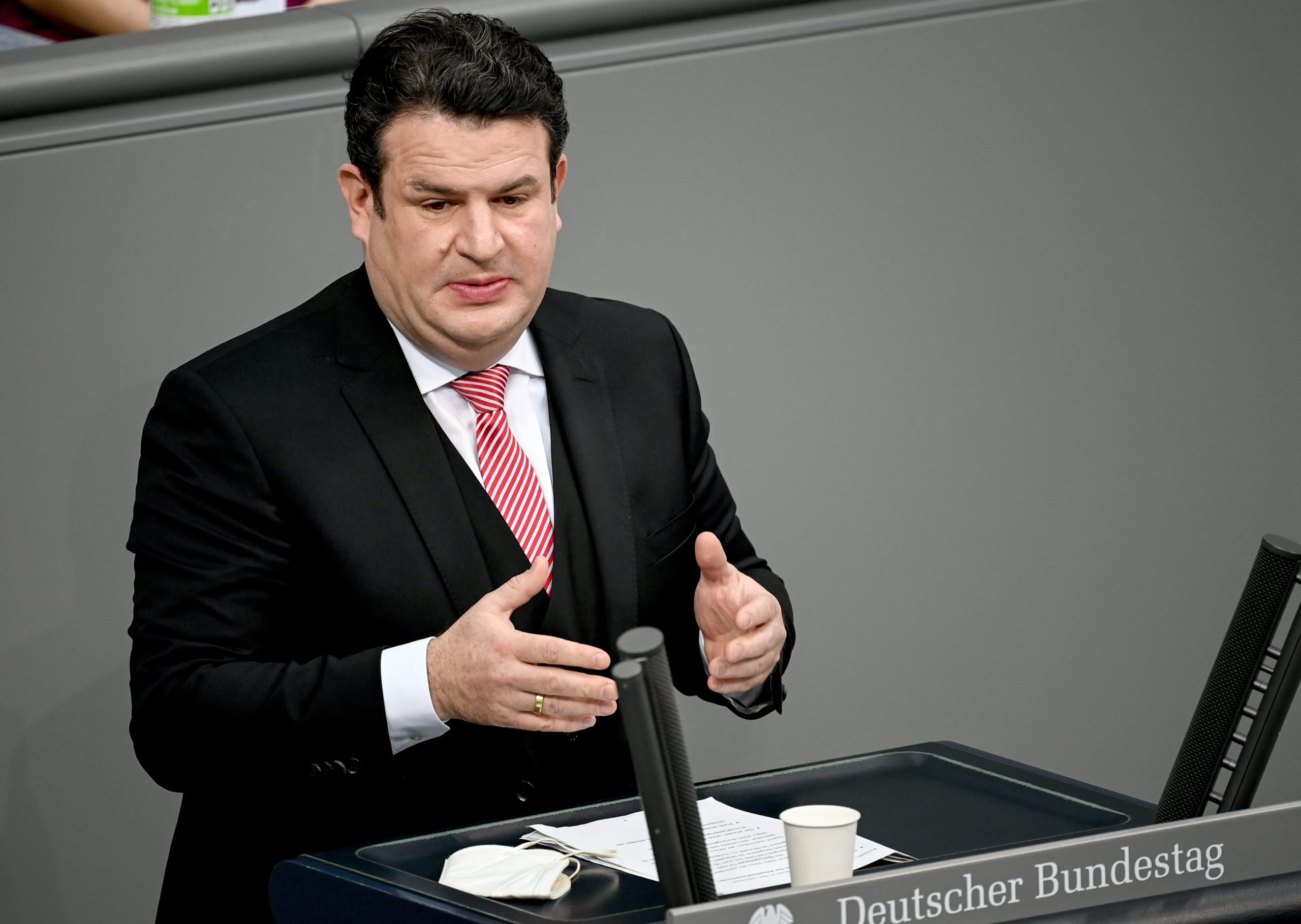Young people of Turkish origin tend to come to mind when Germans think of immigrant violence. But the study found that most adolescent kids with immigrant backgrounds adhere to traditional values. Compared to German youth, they rarely drink alcohol and now do just as well academically, daily newspaper Westdeutsche Allgemeine Zeitung reported on Thursday.
The study followed the development of some 3,400 young people from Duisburg for six years, asking questions specific to violence.
Young people with immigration background who experienced neglect at home (8 percent) and violence (5 percent) were found to tend toward violence. Incidences of violence also increased at less academically challenginf vocational schools.
Violent acts tended to have a “steep increase” in the early teenage years, but settled down again by age 15, the study found.
Meanwhile the violent content of video games was “alarming,” even though most of the young people surveyed were able to differentiate between the real and virtual world.
Study researchers suggested that severe punishment for violent youth should be reduced and authorities should focus on a combination of “restrained sanctions” and a victim-perpetrator compromise, and developing “sustainable social and occupational connections.”
The study is relevant to an ongoing national debate about failed integration and violent immigrant youth. In July, a young Turkish man and a Greek youth were handed severe prison sentences for the attempted murder in a brutal attack on a pensioner in a Munich subway station.
The incident made national headlines over Christmas last year and prompted conservative premier of the neighboring state of Hesse, Roland Koch, to make youth crime the centerpiece of his fractious re-election campaign in January.
Koch declared that “we have too many criminal young foreigners” and argued that “zero tolerance against violence” must be an important part of integration policy. His comments sparked accusations of xenophobia and calls for boot camps and deportation of foreign offenders from hardline centre-right politicians. The issue, however, appeared to backfire when Koch’s party suffered large losses in the election.




 Please whitelist us to continue reading.
Please whitelist us to continue reading.